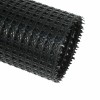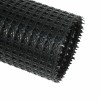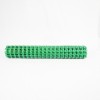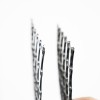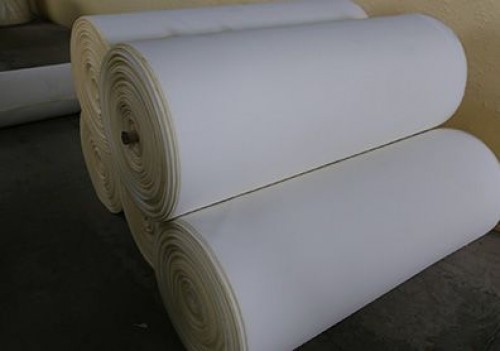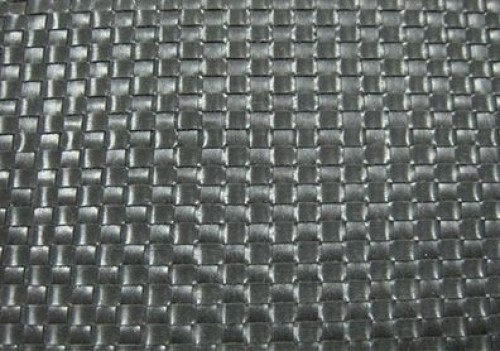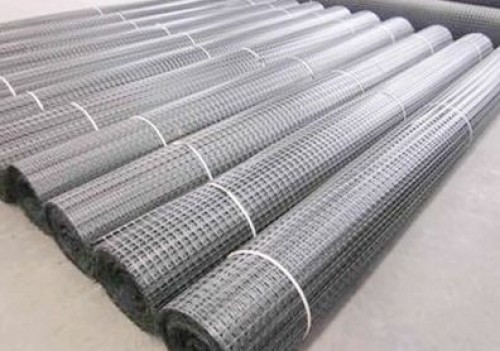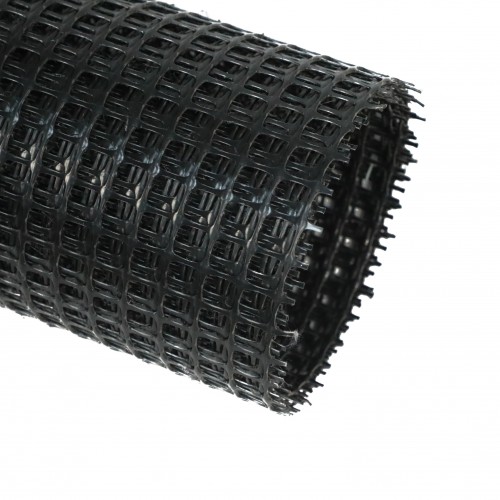


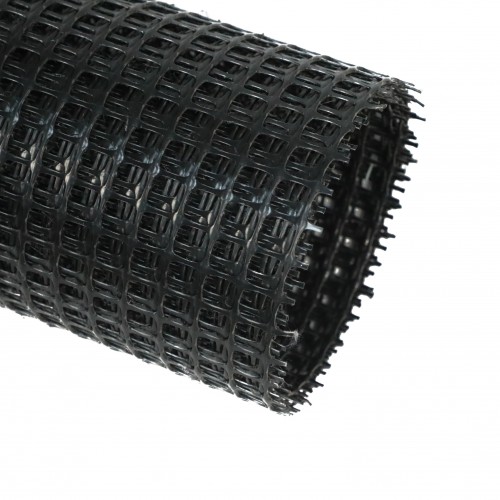
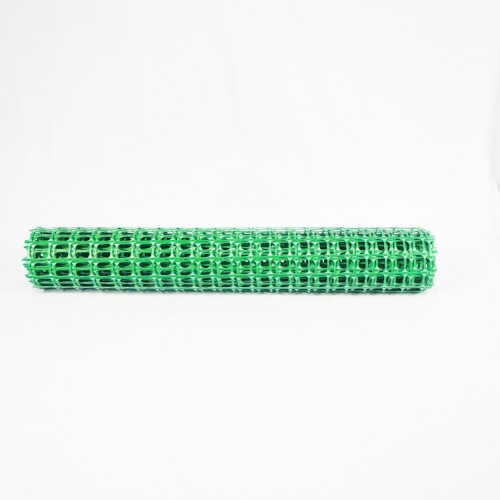
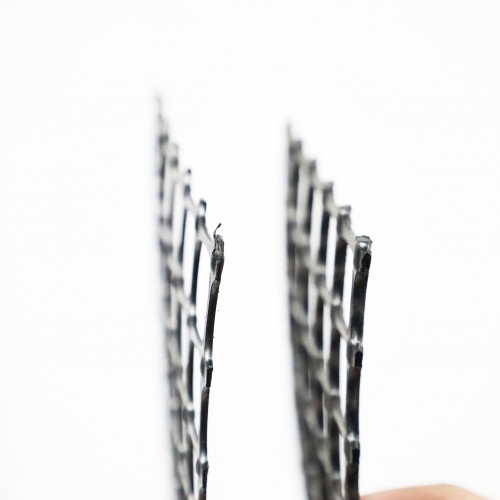
Wholesale PP Biaxial Geogrid Plastic Geogrids For Reinforcement Road Geogrid
Biaxial geogrid is made of high molecular polymer through extrusion, forming and punching before longitudinal and lateral stretching. This material has considerable tensile strength in longitudinal and lateral directions. This chain structure can effectively bear and diffuse forces on soil and is applicable to large area permanent load bearing foundation as a reinforcement material.
Description:
The properties of Biaxial Geogrids, made in Polypropylene (PP) with their square apertures, high tensile strength and optimised geometry of nodes and ribs make them equal to any other similar material. The reinforcing action of PP Biaxial Geogrids lies mainly in confining soil and increasing its shearing resistance by a process of interlocking between the square ribs and the soil. The load dispersal effect from the interlocking mechanism is highly effective and can reduce sub-base thickness and construction cost. PP Biaxial Geogrids can be used with any kind of mechanical fill material. Two aperture size ranges are available for optimum matching with project fill.
| Biaxial Plastic Geogrid Technical Parameter (GB standard) | ||||||||
| Item | Specification | |||||||
| TGSG1515 | TGSG2020 | TGSG2525 | TGSG3030 | TGSG3535 | TGSG4040 | TGSG4545 | TGSG5050 | |
| Vertical and horizontal tensile strength≥(KN/M) | 15 | 20 | 25 | 30 | 35 | 40 | 45 | 50 |
| Tensile strength at 2% elongation≥(KN/M) | 5 | 7 | 9 | 10.5 | 12 | 14 | 16 | 17.5 |
| Tensile strength at 5% elongation≥(KN/M) | 7 | 14 | 17 | 21 | 24 | 28 | 32 | 35 |
| Tensile strength at 5% elongation≥(KN/M) | 15 | |||||||
Feature
* Flexible and durable
* Excellent Creep Resistance
* UV resistance
* Cost effective
* High chemical and biological resistance
* High Tensile Strength and Low Elgongation
* Optimun stability of the junction strength of the grid
* Increased pull-out resistance and compound strength
* High resistance to installation damage and ease of installation






